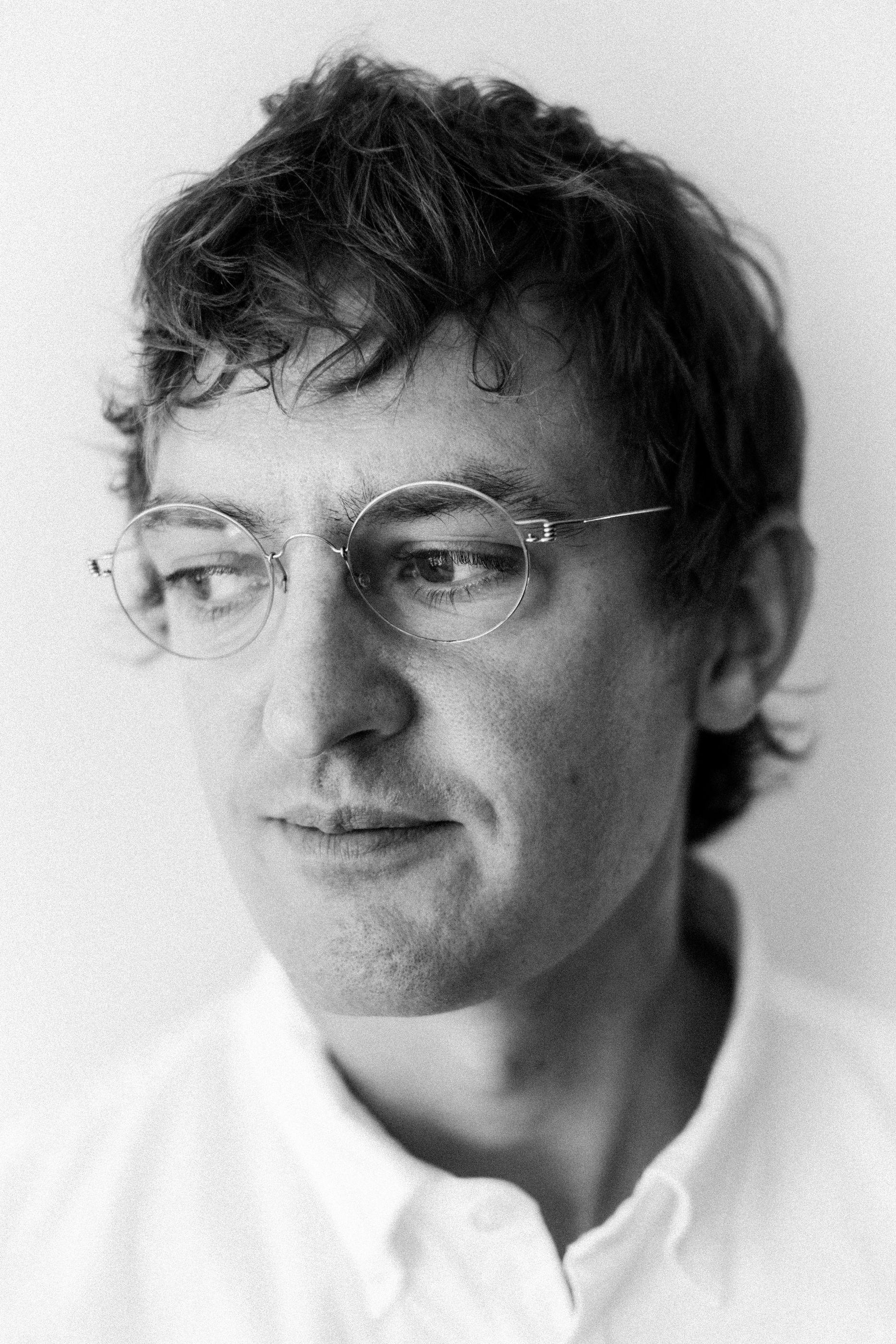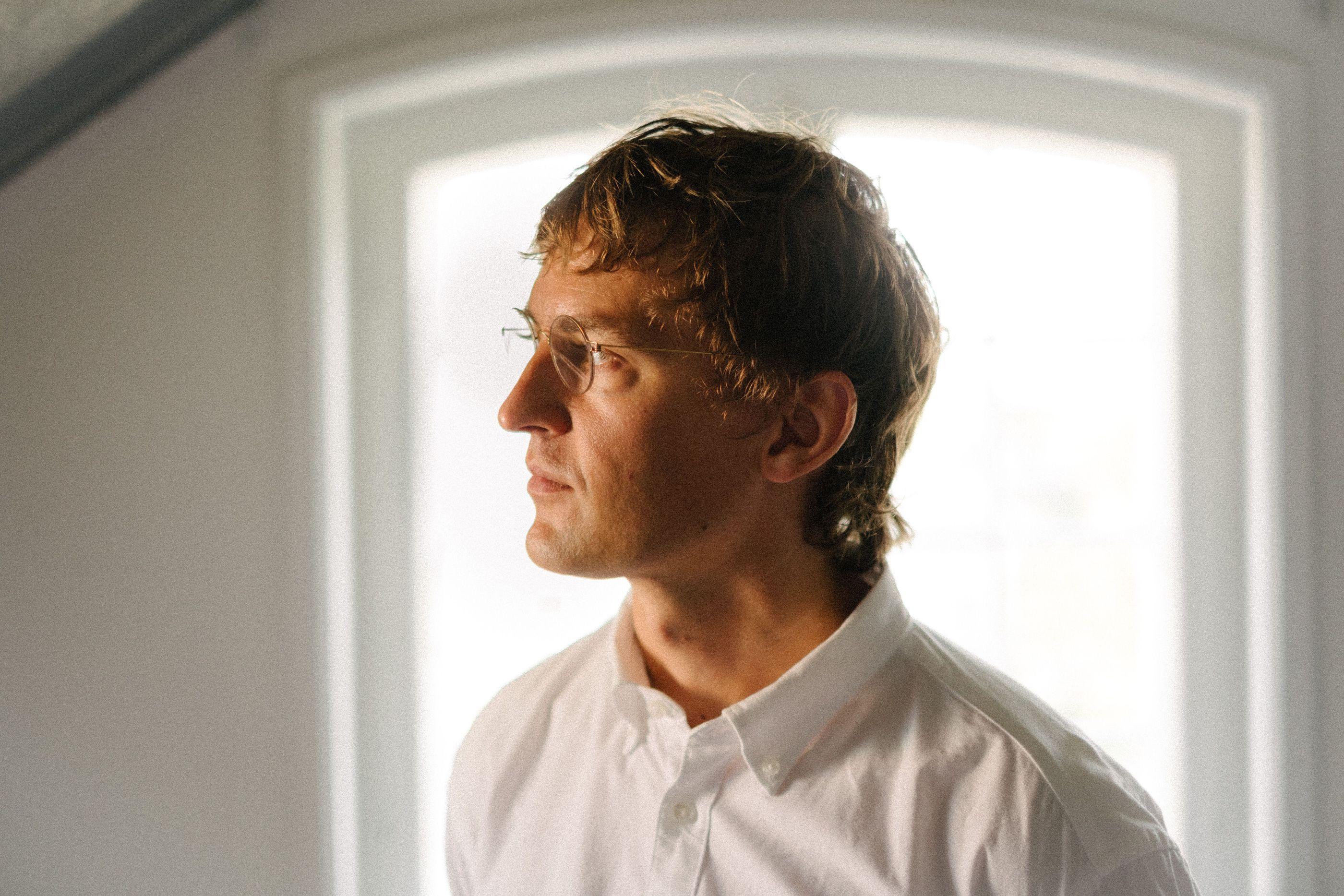The superpower is the group of directors
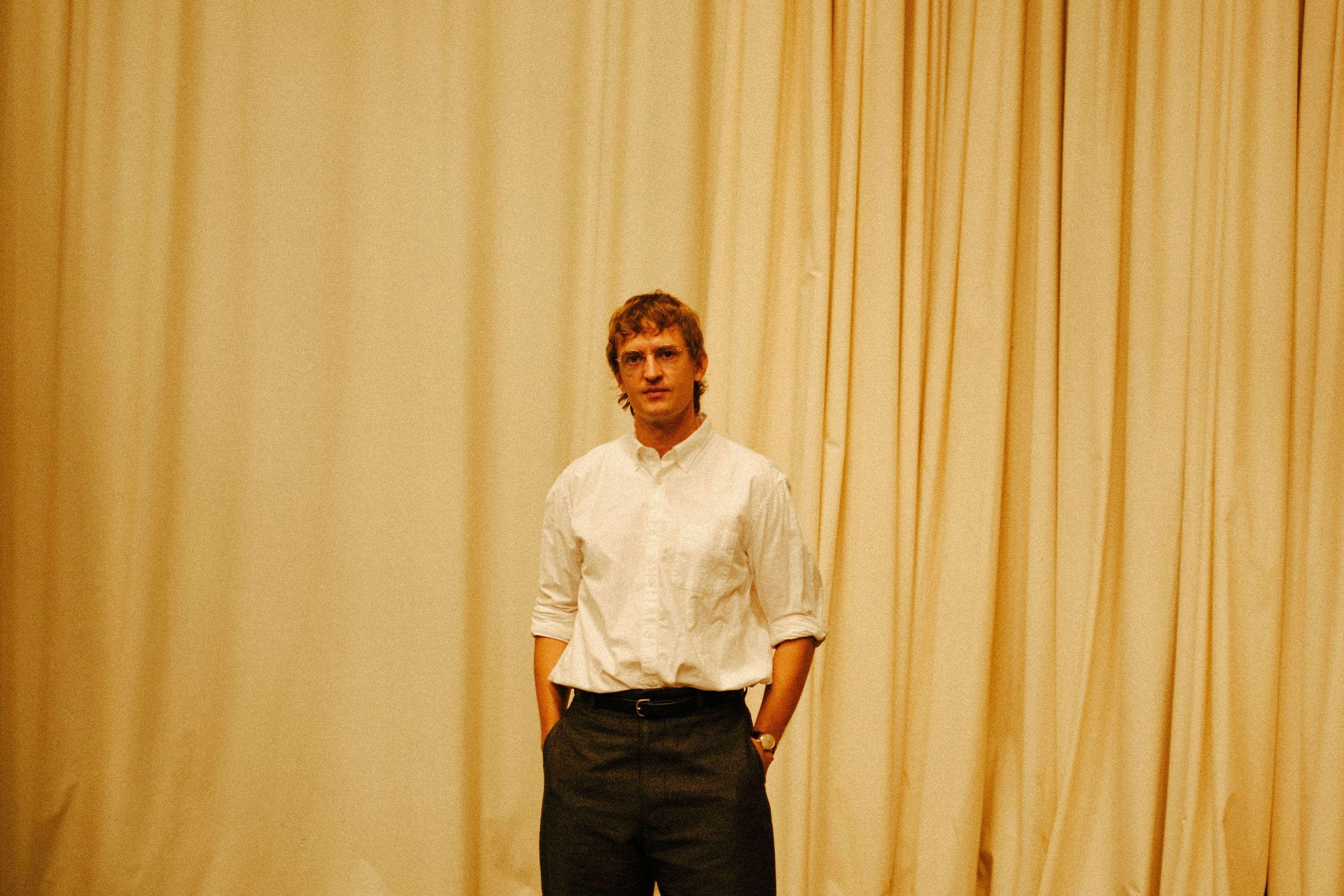
The National Film School of Denmark continues its dedication towards bolstering the upper creative echelons of the Danish and international film industry by offering a special MiniMFA (Master of Fine Arts) to directors, aiming to take their artistic foundation to a new level. In this interview, course developer Rasmus Kloster Bro explains the considerations behind this decision.
The school's program for continuous training offers a wealth of courses that provide concrete tools and experience for developing processes and workflows for A-functions.
However, there has been a lack of courses aimed at experienced directors who need help clarifying their methods and aesthetic characteristics.
By giving them a practical approach to making their work visible, they become better suited to articulate their methods in a way that ultimately makes it easier to realize projects.
That gap has now been filled. Rasmus Kloster Bro, a teacher on the directing course at the National Film School of Denmark, has teamed up with director Lilja Ingolfsdottir to develop a new, ambitious format for the continuous training catalog.
Under the title ‘Directors’ Deep Dive', eight selected film directors will be given the opportunity to step out of the isolation that often characterises their practice and be inspired by their peers to take their artistic endeavours to a new level.
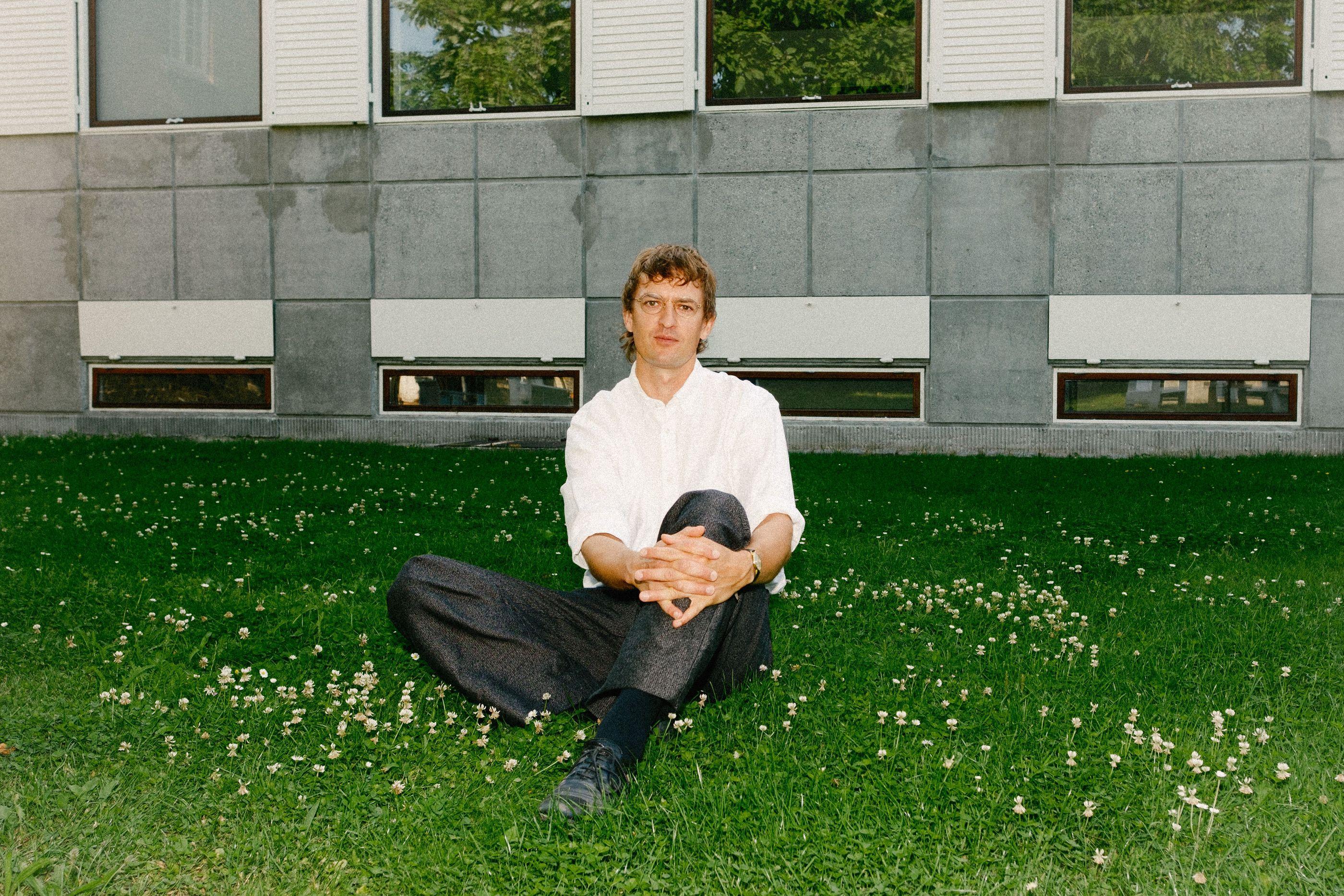
To learn more about what exactly the course entails — and why it is necessary — we invited Rasmus Kloster Bro to sit down with us at the National Film School of Denmark.
“Directors' Deep Dive is an opportunity for experienced directors to reflect deeply on their artistic practice, clarify the methods they use, and thereby strengthen the leadership in their practice,” says Kloster Bro between teaching the film directors of the future. He continues:
"There are virtually no formats aimed at directors who already have a solid foundation but still want to take it – especially artistically – to a new level. And directors are very alone in their practice and very singular in the way they work, so this is also an opportunity to be inspired by others who are at a similar level. And then we also offer new groundbreaking methods, which are technologically based, that you can choose to include in your practice."
Artist residency
Central to the course is a week-long residency at Dallund Castle on the island of Funen. Here, the eight directors will undergo a process mapping exercise, in which they will receive a guided analysis of a previous project that has been particularly significant for the participant. Here, participants are exposed to – and expose other participants to – things they may have taken for granted in their process, which they can then discuss with each other.
The idea is to fill your toolbox with input from others, as well as some technological aspects, and then create a new process for the project you are working on.
”It’s important to note that this course understands that there is no universal method that can be separated from the creator and the created. Matter and maker and method are inextricably linked. And this course takes its cue from that specific realization.”
And that is an important point, Kloster Bro emphasizes. The pitfall of a process of this kind is that it becomes too programmatic or rigidly methodical. And that is not the intention. Central to Directors' Deep Dive is the idea of taking method very seriously, taking into account the individual's artistic characteristics and approach.
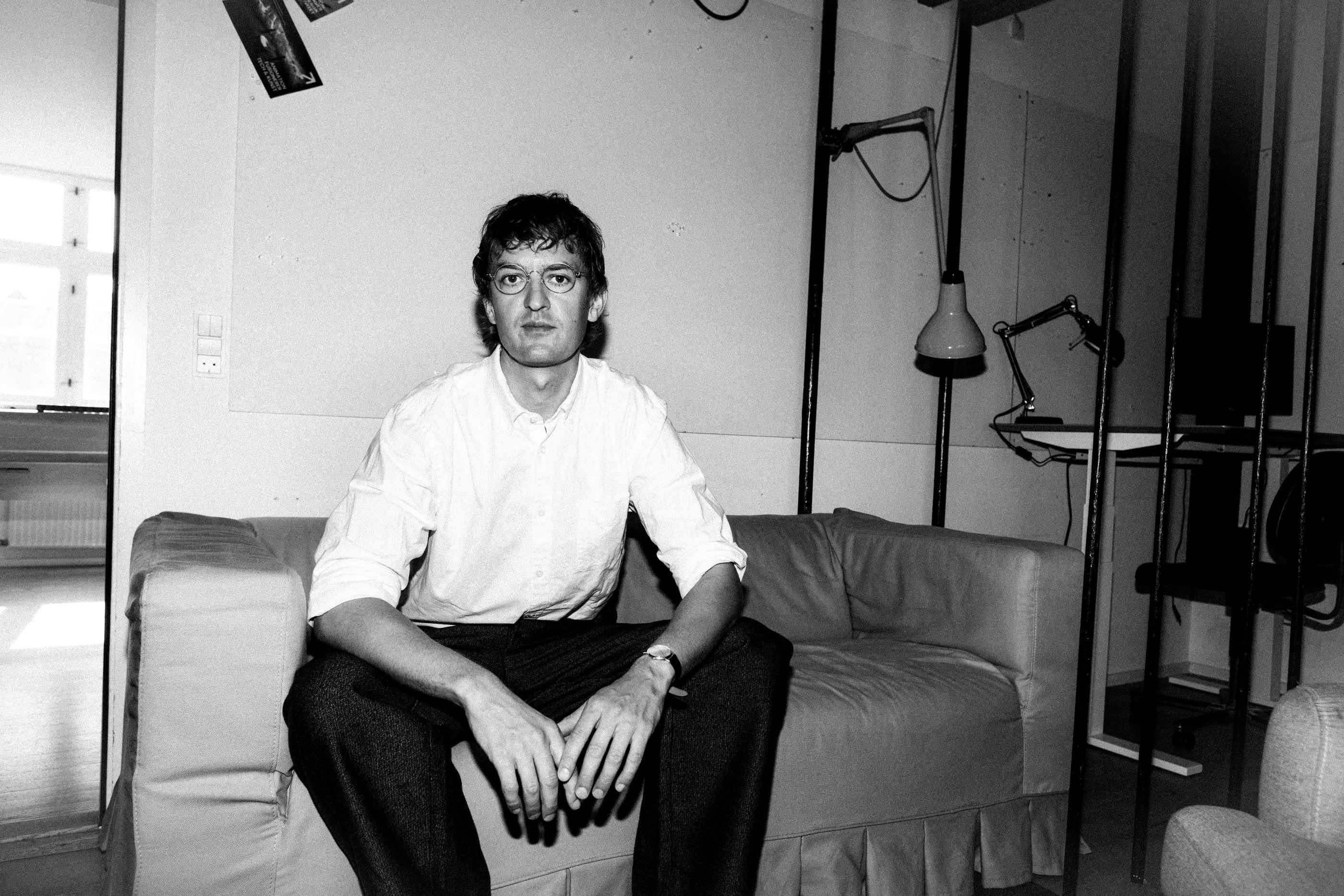
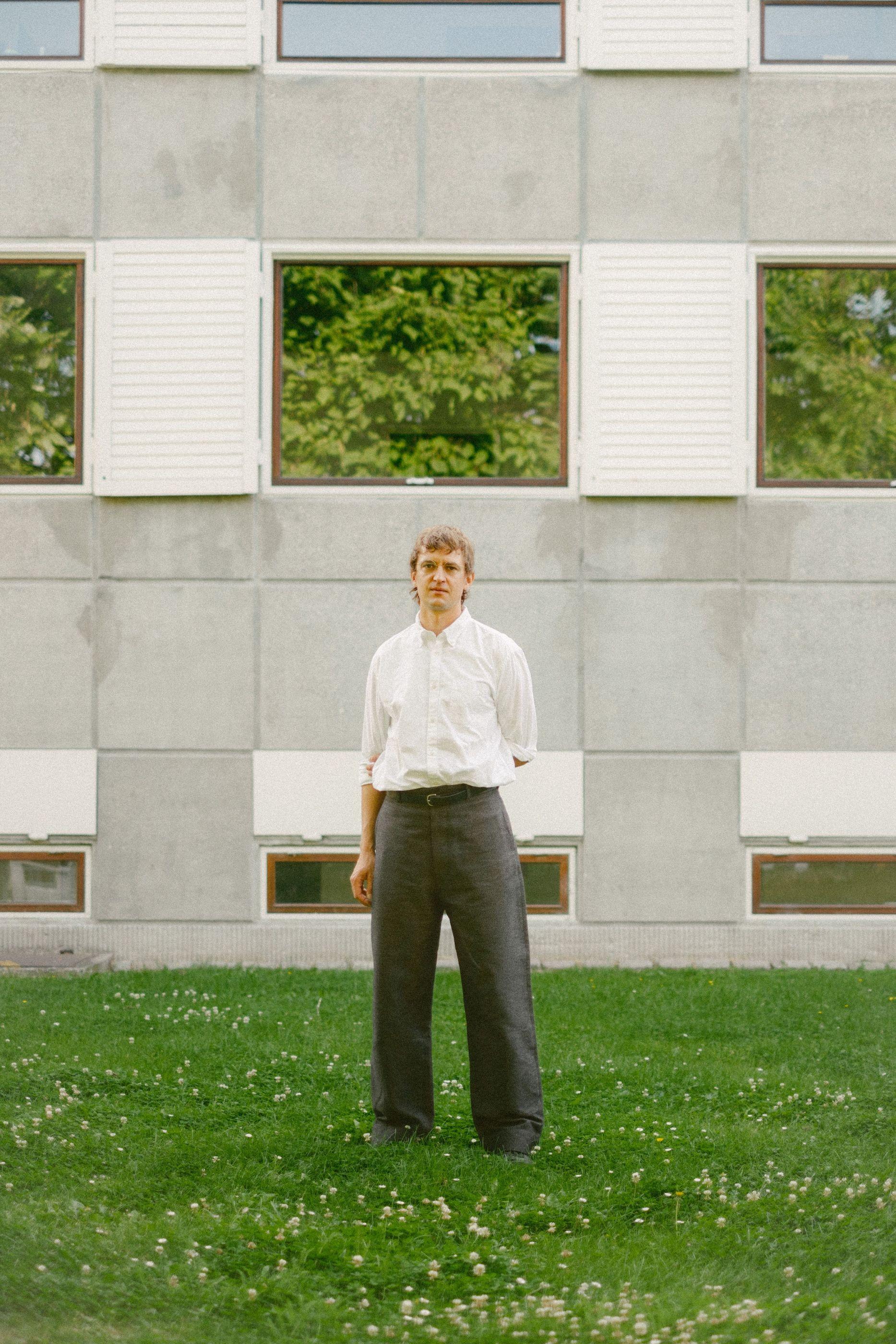
“In reality, it's about articulating your process, clarifying it, and perhaps finding a common language for it. At the same time, we must always recognize that every artistic practice is tied to personality and intuition.”
After the residency, which is only for directors and a few guest lecturers, there will be a summary workshop at the National Film School of Denmark, which will also include producers, and where the focus will be much more on translating the course experiences into a battle plan, a development process that should be based on the artist's own premises.
Or as Rasmus Kloster Bro himself puts it:
"The course is structured around first establishing and identifying a filmmaker's particular ways of working, then figuring out what it takes for them to realize this in the best possible way, and finally translating this into the optimal development process. If you don't take control of your methods yourself, there are frameworks that do it for you, and then you are actually creating on someone else's terms."
Intuitive processes
A special aspect of working as a filmmaker is that, even though it is often said to be very goal-oriented work, directors always work in contexts. A director can never opt out of the contexts—development, financing, collaboration—in which they operate and which they must play into.
And it is Rasmus Kloster Bro's experience that the less clearly you articulate what you need, the more difficult it becomes to secure the conditions necessary to realize the potential of your artistic visions.
The superpower is the group of directors who are going through the same thing and who can share their experiences with each other.
Rasmus Kloster Bro
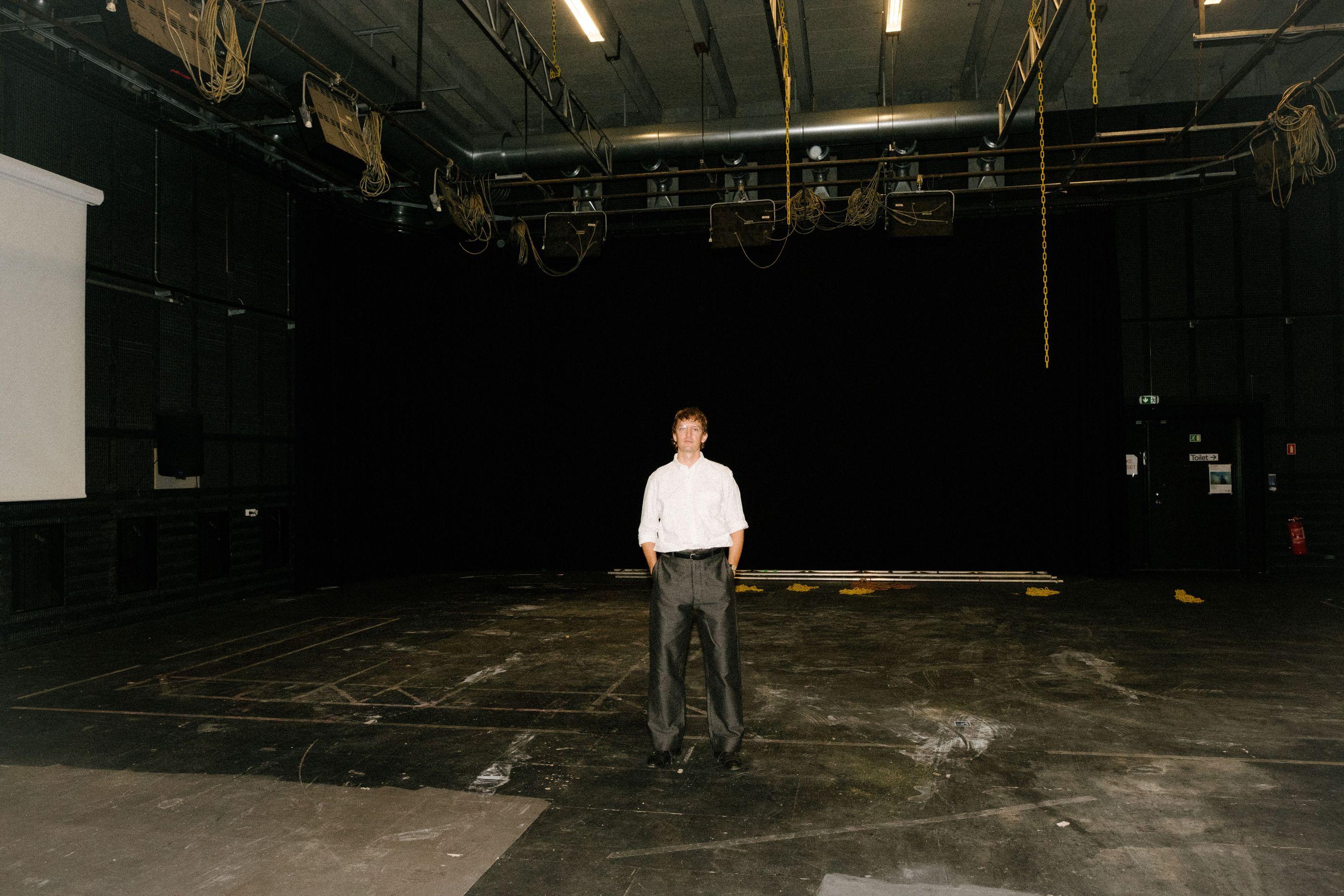
And Kloster Bro has experienced this knowledge firsthand. Partly, of course, as a filmmaker in his own right, but also in his work as a representative of the Directors' Guild, where he often had to work with the framework conditions for art and artists.
But his work as a teacher at The National Film School of Denmark has also been decisive for the concept:
“There is an experience here at the school in setting up investigation committees, where you look at a process that has been completed and try to go through it very soberly. We have done this at the school with the students, because it is an effective way of highlighting an otherwise very intuitive practice. It kind of comes from the school,” he says.
And even though he is used to teaching, it is important that the course attracts directors who have a foundation of extensive experience and who, in reality, do not need an “expert” from outside to teach them anything. After all, it is their own practice that they need to become experts in. Therefore, external input will be more in the form of teachers who have mastered a technological tool that the directors can learn to use in practice.
Or, as Kloster Bro puts it:
“The greatest quality is the in-depth process analysis and the facilitated knowledge sharing between eight experienced directors. The superpower is the group of directors who are going through the same thing and who can share their experiences with each other. So it is a process that you have to enter into with an open mind and a generosity."
Read more about the Mini MFA here.
